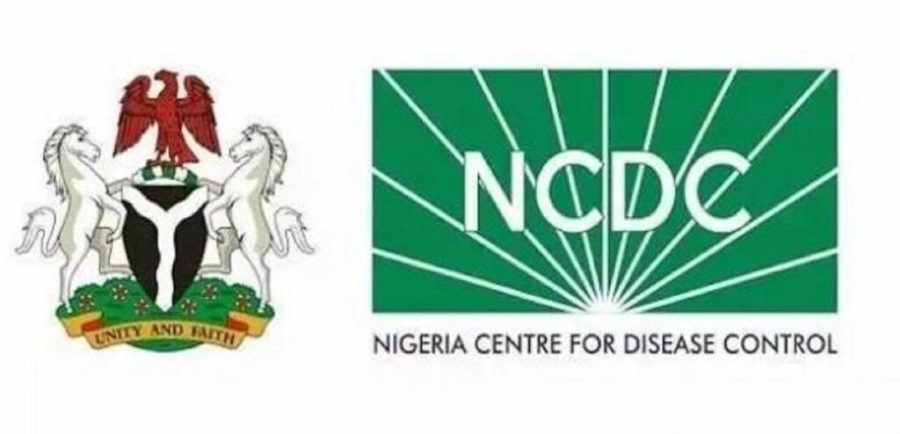The Nigeria Centre For Disease Control (NCDC), has reminded Nigerians that infectious diseases must still be considered a threat to their lives and livelihoods despite the ongoing low number of the COVID-19 pandemic in the country.
The Director-General, NCDC, Dr Ifedayo Adetifa, gave the advice on Monday in Abuja, at the bi-weekly ministerial Press Briefing and update on COVID-19 Response and Development in the Health Sector.
Adetifa said that just as the country has experienced the unpredictability of events in the pandemic, the possibility of new variants that can cause more harm than is still present.
“It remains extremely important to continue to live safely, do receive your COVID-19 vaccine if you have not received, continue to wear your facemask indoors – this is because of the likelihood of transmission in poorly ventilated areas of crowded gatherings.
“Continue to wash hands with soap and clean water, use alcohol-based hand sanitisers, ensure good respiratory etiquette and do get tested if you feel unwell or have been in contact with sick persons who have tested positive,” he advised.
Speaking on the Epidemiological updates in the country and across the world, the DG NCDC said that the agency is working hard to scale up testing through the COVID-19 surge testing project ongoing in eight states.
“I say this to remind you that although we are easing restrictions, and moving forward with a new way of adjusting to life with SARS-CoV-2, the virus is still out there, and we must continue to act with wisdom to protect ourselves,” he explained.
“While the news of COVID-19 may be waning and too familiar,” he stressed that the work continues for them at NCDC as the agency is focusing on protecting the health of Nigerians.
“We have undertaken National Training of Trainers (ToT) for subnational health security assessment capacities on the use of subnational JEE evaluation tools.
“The West African Health Organization (WAHO) audit report rated National Reference Laboratory with five stars while Central Public Health Laboratory Lagos, NVRI follows closely behind with four stars,” he said.
Regarding research, Adetifa said that the agency held the Nigeria COVID-19 Research Coalition Colloquium last week to share research findings and had knowledge sharing sessions.
Speaking of other infectious diseases in the country, he said that the NCDC has continued to respond to infectious diseases, including monkeypox, Lassa fever, measles, yellow fever and more.
“Recently, the United States Centre for Disease Control announced exported cases of monkeypox.
“Monkeypox virus is a double-stranded DNA, zoonotic virus and a species of the genus Orthopoxvirus in the family Poxviridae. It is one of the human orthopoxviruses that includes variola, cowpox, and vaccinia viruses.
“Transmission of monkeypox virus occurs when a person comes in contact with the virus from an animal, human, or materials contaminated with the virus.
“The virus enters the body through broken skin (though not visible), respiratory tract, or the mucous membranes – eyes, nose or mouth,” he explained.
According to him, we are working with sister agencies and partners to effectively respond to ongoing measles outbreaks in eight states.
The News Agency of Nigeria(NAN), reports that according to the World Health Organisation (WHO), measles is an acute viral respiratory illness.
It is characterized by a prodrome of fever (as high as 105°F) and malaise, cough, coryza, and conjunctivitis – the three “Cs” -, a pathognomonic enanthema (Koplik spots) followed by a maculopapular rash.
The rash usually appears about 14 days after a person is exposed.
Measles is an infection that spreads very easily and can cause serious problems in some people. Having the MMR vaccine is the best way to prevent it. (NAN)





